Empowering students with a holistic, engaging approach to learning.
An approach to education that provides a safe environment for students by linking brain-based learning with a student-centric approach is the main focus of Neural Methodology. This enables students to realise their potential and become self-sufficient in emphasising intuitive and meaningful learning. What VVP aims to achieve with Neural Education is:
Our experiential learning program is designed to provide opportunities for students to explore, experiment, and reflect, making education a dynamic and interactive process. The philosophy that students learn best when actively engaged in meaningful experiences is the main motto of this education. This includes:
Experiential Learning enhances retention, improves critical thinking, solves problems through various approaches and motivates and engages students in practical applications of their studies through holistic development.
Peer learning is an educational practice where students take on the role of the teacher to support and instruct their fellow students. Peer Learning has significantly improved student performance. The advantages include:
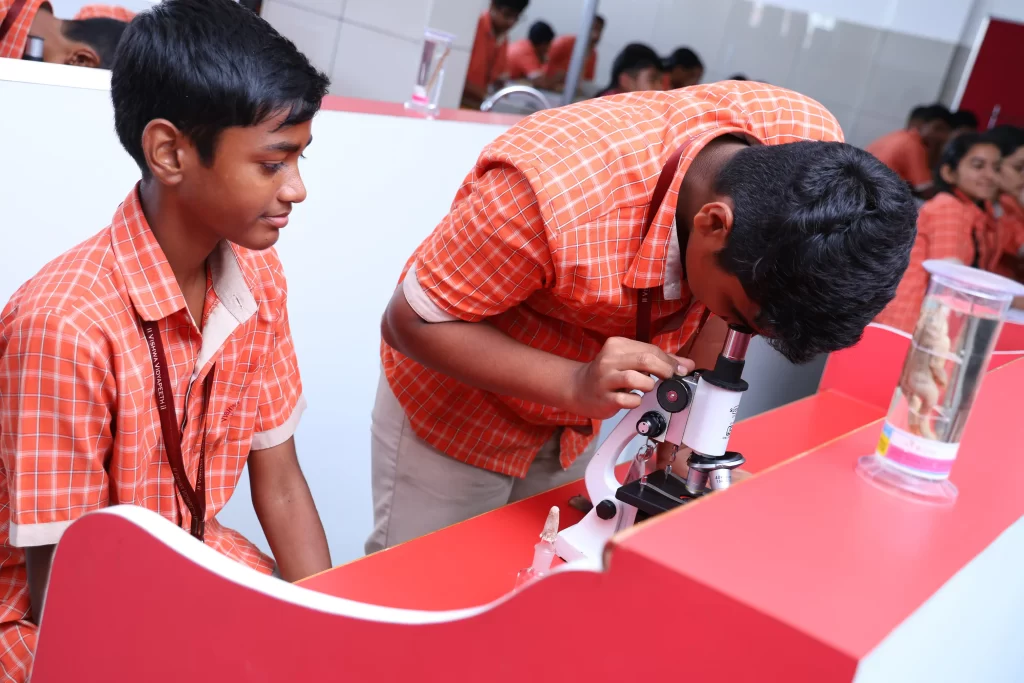

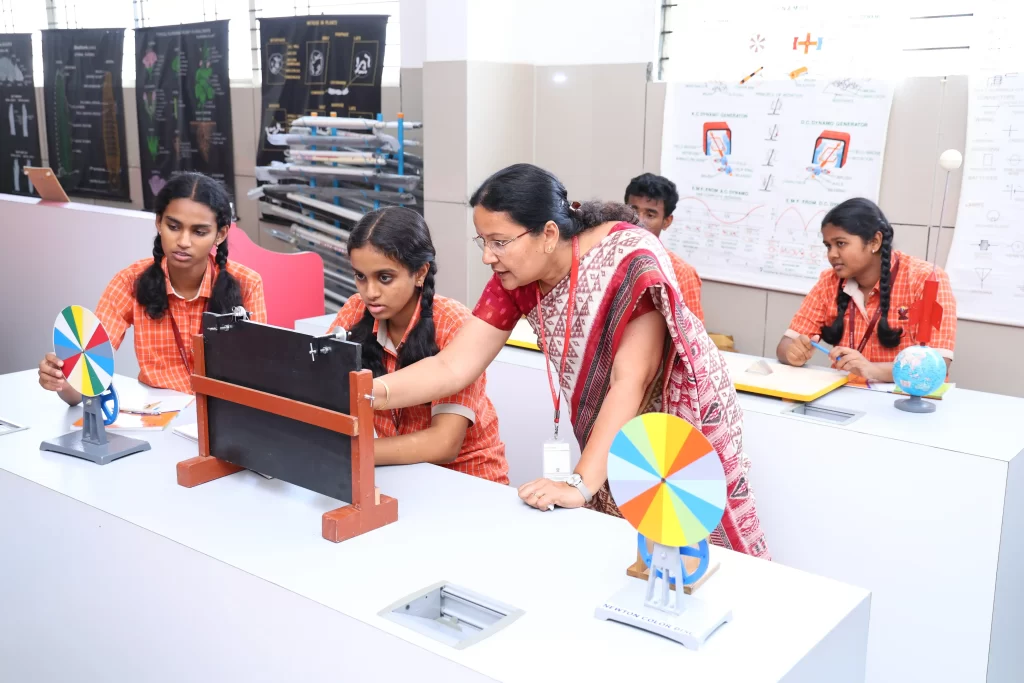

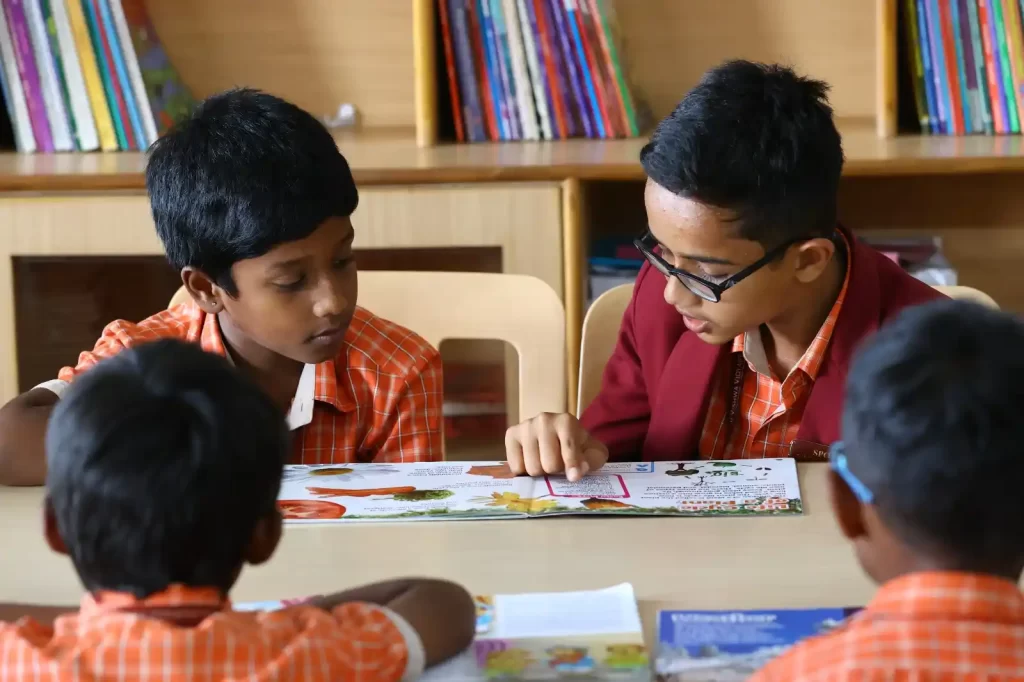
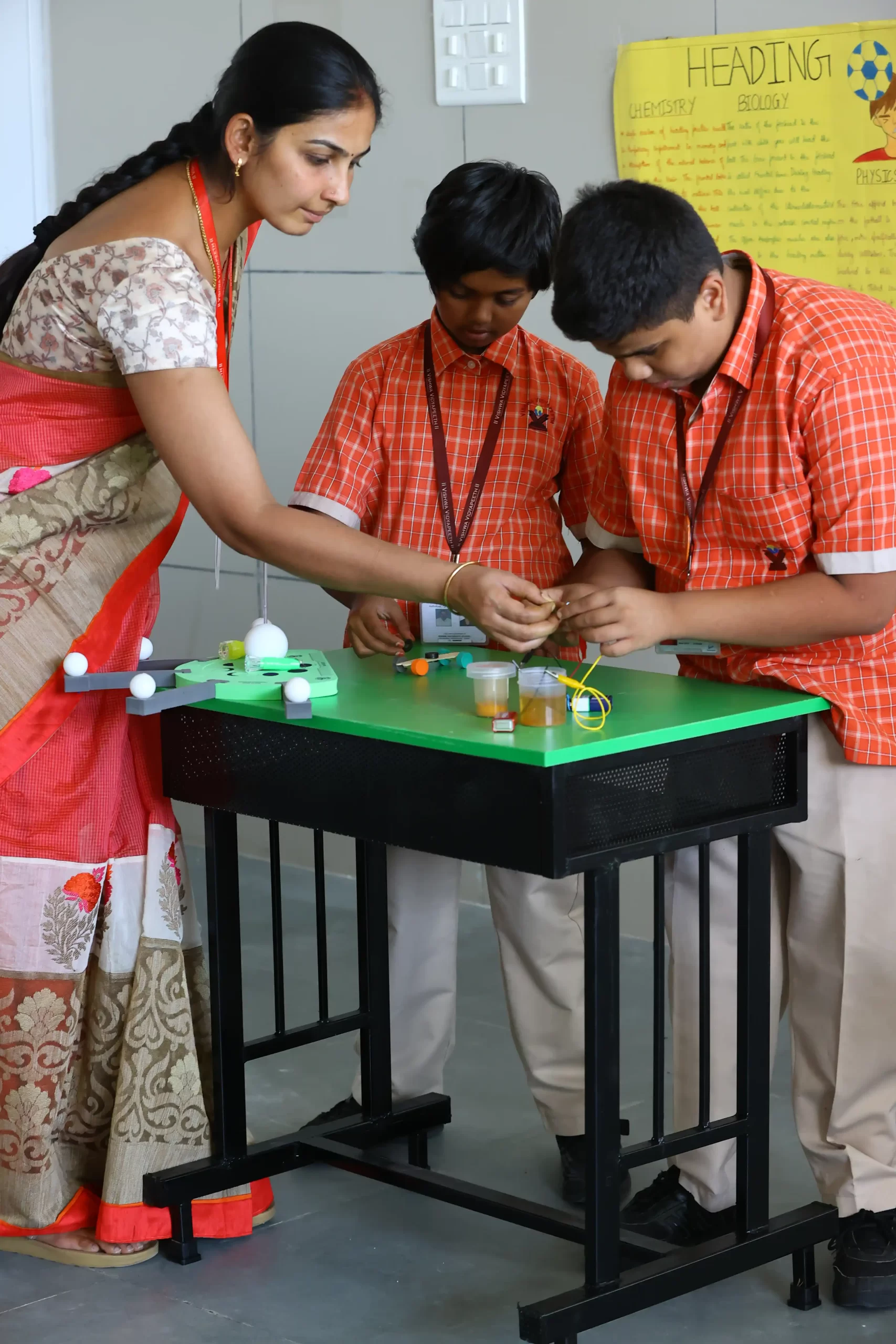

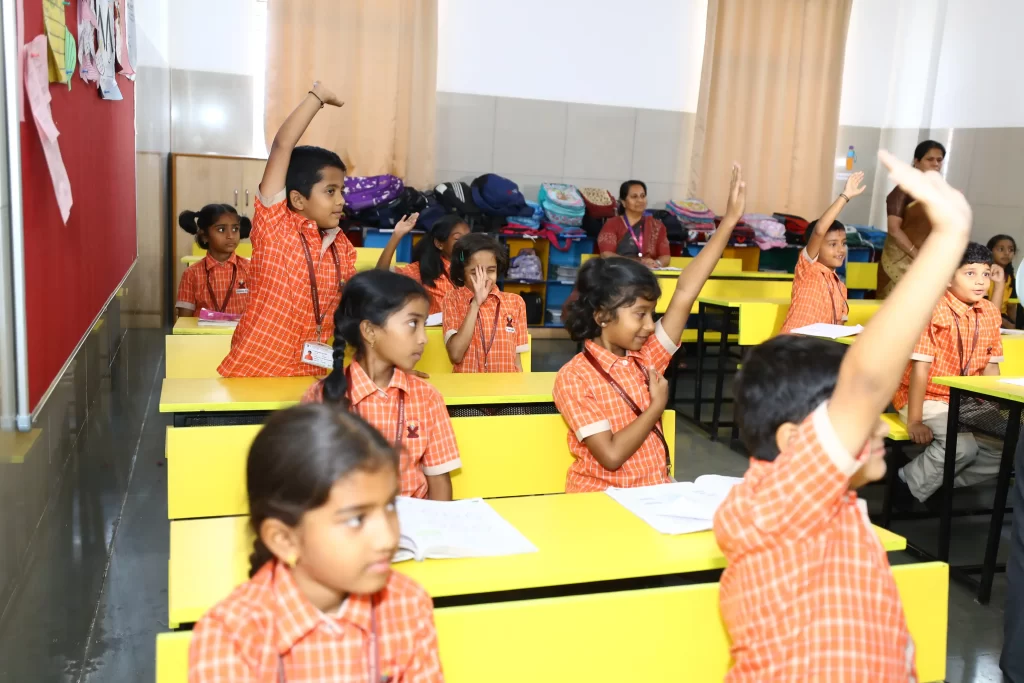

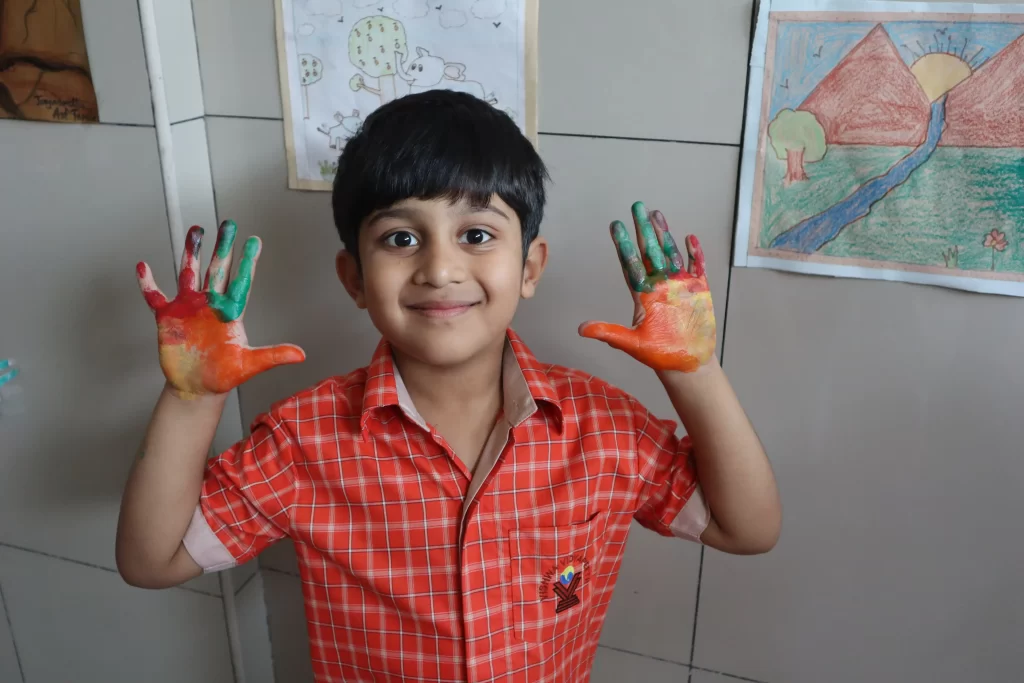
Flipped learning is an innovative educational practice. “Learning first, teaching second” is its characteristic feature. The traditional practice is done away and students gather all necessary information before the class, freeing class time for activities that involve higher-order thinking. Engaging in interactive activities, discussions, and problem-solving tasks, enhances students’ understanding and application of the material. Teachers guide students to actively and interactively clarify and apply the knowledge during class. The purpose is designed to make learning more engaging and effective by allowing students to apply their knowledge practically and relate it to real-life situations. Students grow intellectually, physically, emotionally, socially, and ethically through this initiative.
This is an Inquiry-Based Instruction method, emphasising that students learn by actively experiencing things and making discoveries. This approach encourages students to participate in the learning process rather than being passive recipients of information. It also encourages students to draw on their previous experiences and knowledge and to utilise their intuition, imagination, and creativity to acquire new knowledge. Students are encouraged to seek out new information, establish connections, and uncover new truths. In this learning environment, students are actively engaged in seeking answers and solutions while the teacher takes on the role of a facilitator or guide.
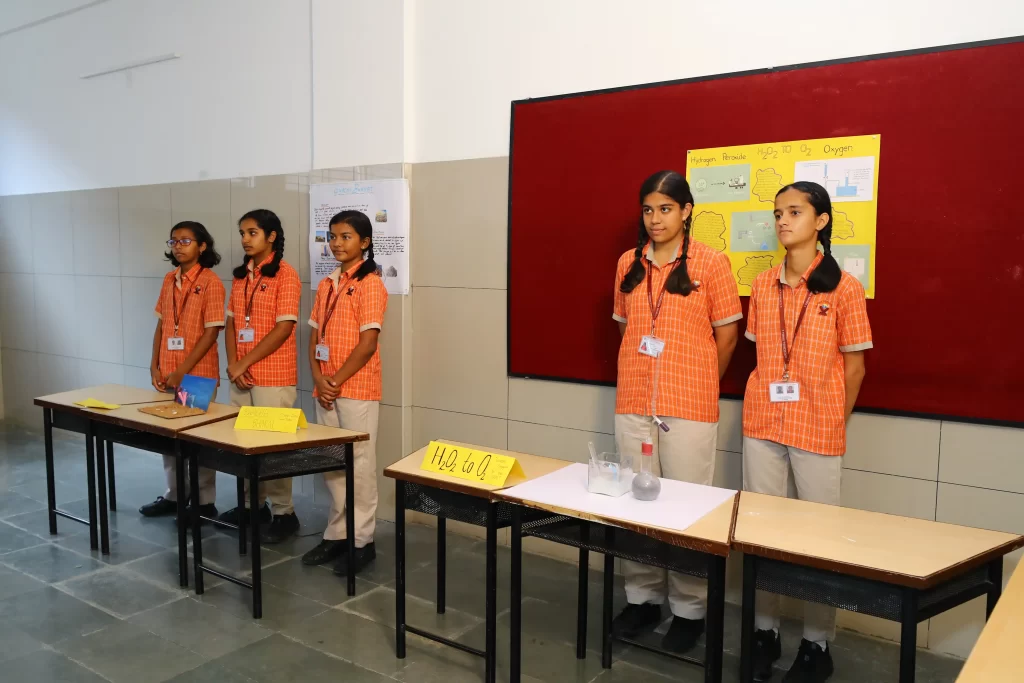
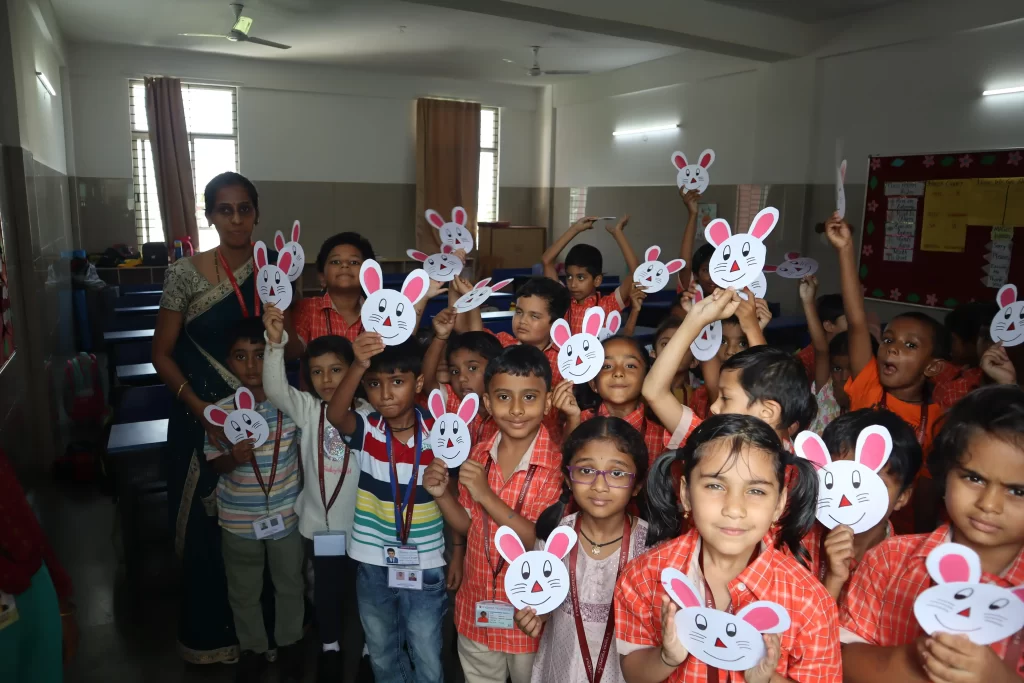



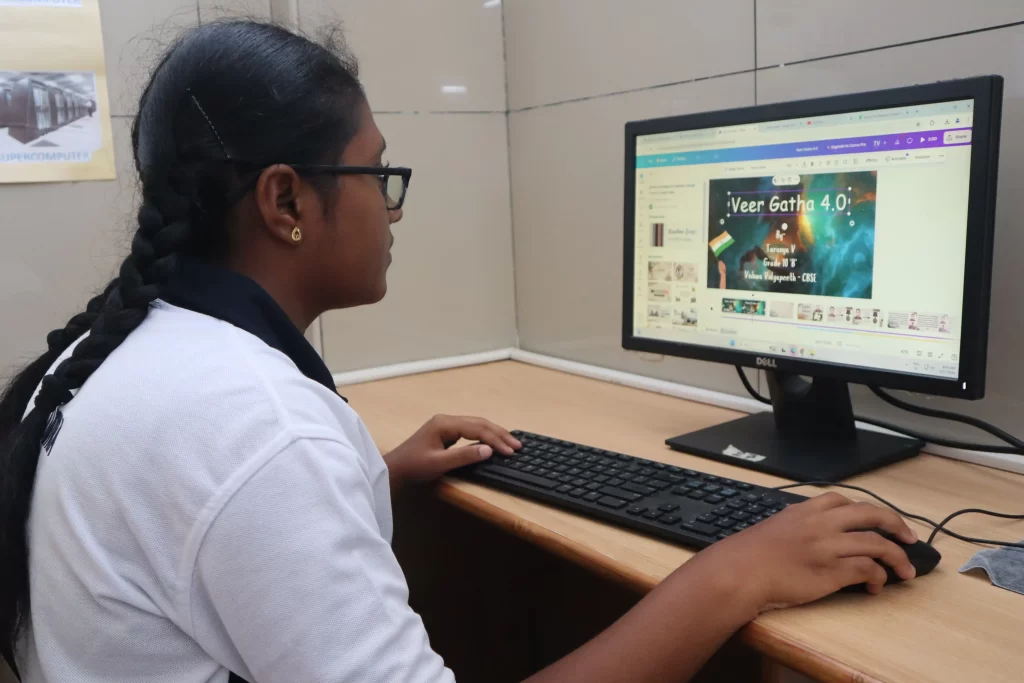
Project-based learning, a relatively recent teaching approach, is categorised under the student-centred method. In project-based learning, students are tasked with completing substantial projects that require them to acquire knowledge, conduct research, think critically, evaluate, analyse, make decisions, collaborate, and more. It is essential that these projects address real-world issues and have a tangible impact beyond the classroom setting. For instance, students may produce a radio show for the entire school community to listen to or compose a letter to the town council and participate in a meeting to voice their opinions.
Under the guidance of the S2S team our objective is to create an enriched, joyful and experiential learning environment where a child enjoys and actively participates to become knowledge generator and not merely being knowledge consumer. The focus is not only about intellectual development, but also on emotional stability and strong moral foundation. We emphasise on H-Cube Learning. The learning process involves:
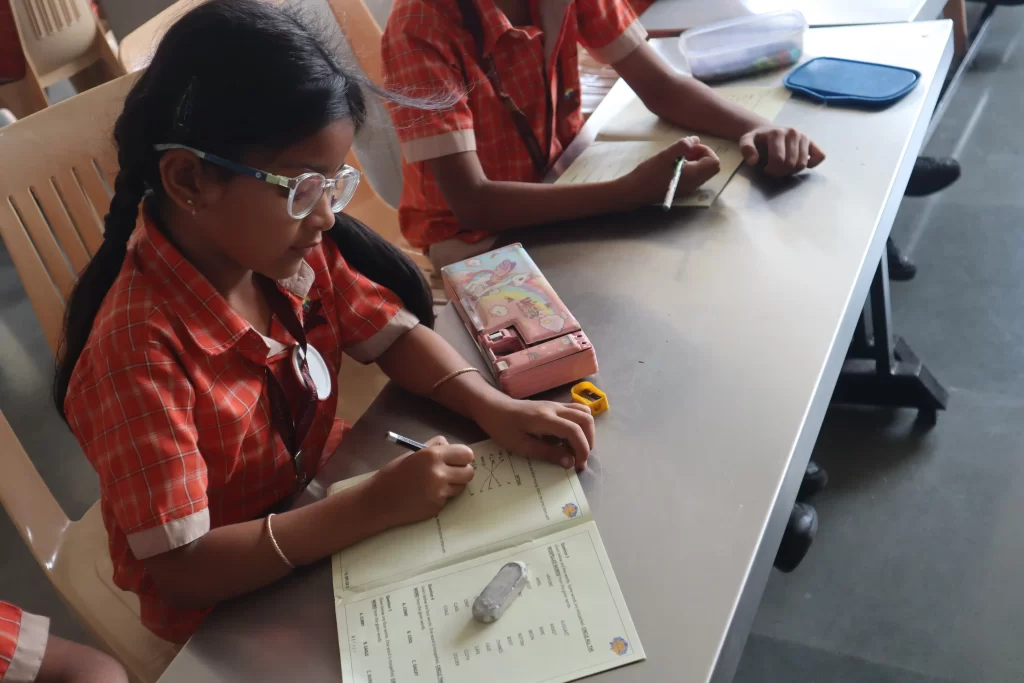



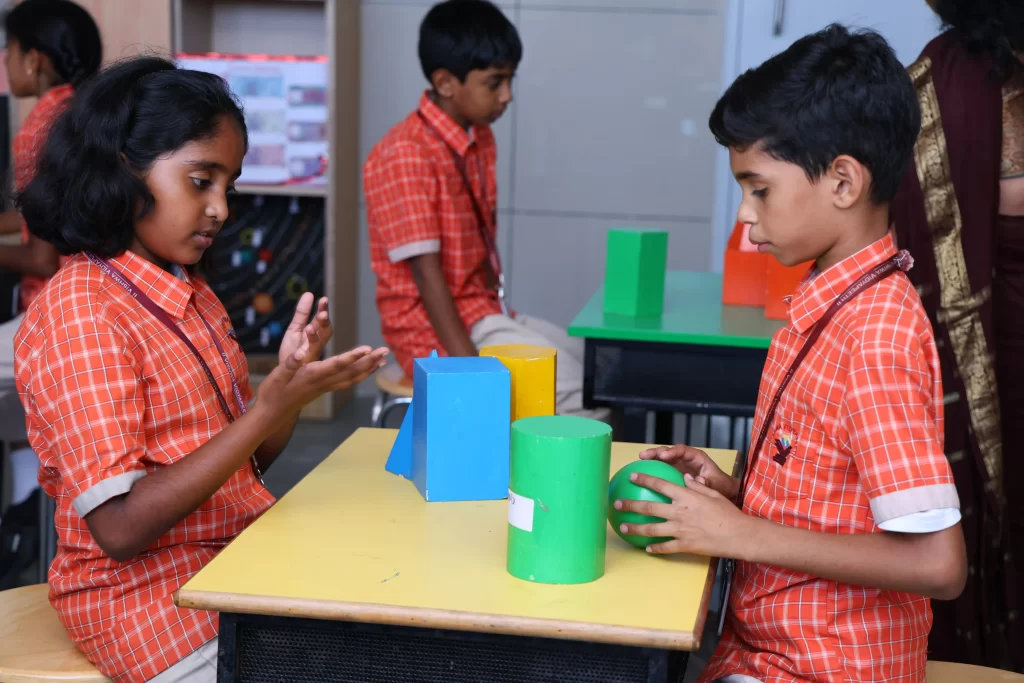
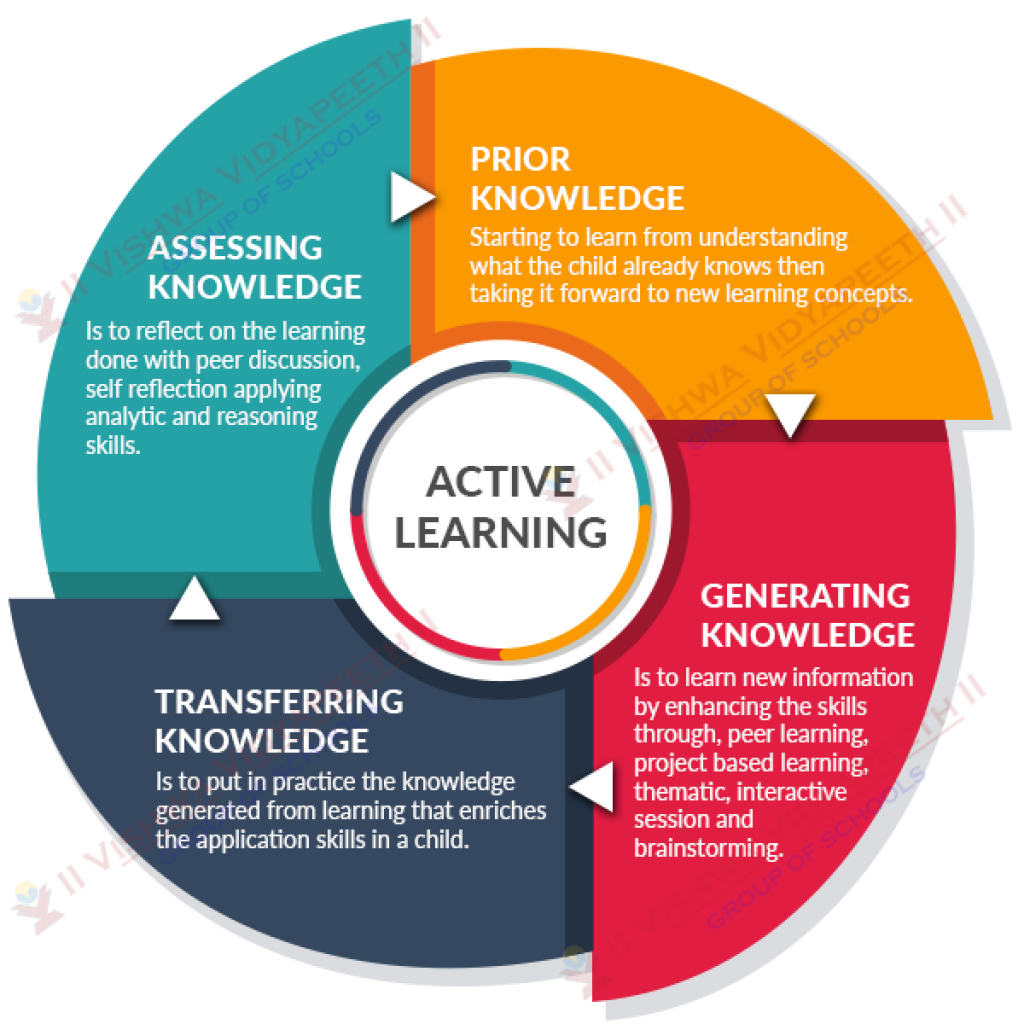
We comply with the language policy as given below:
*Conditions Applicable as per Board Norms
Join us to build a future filled with knowledge, confidence, and limitless opportunities.

Powered By 9 Digits Media
Copyright © 2024. All rights reserved.
Message Us